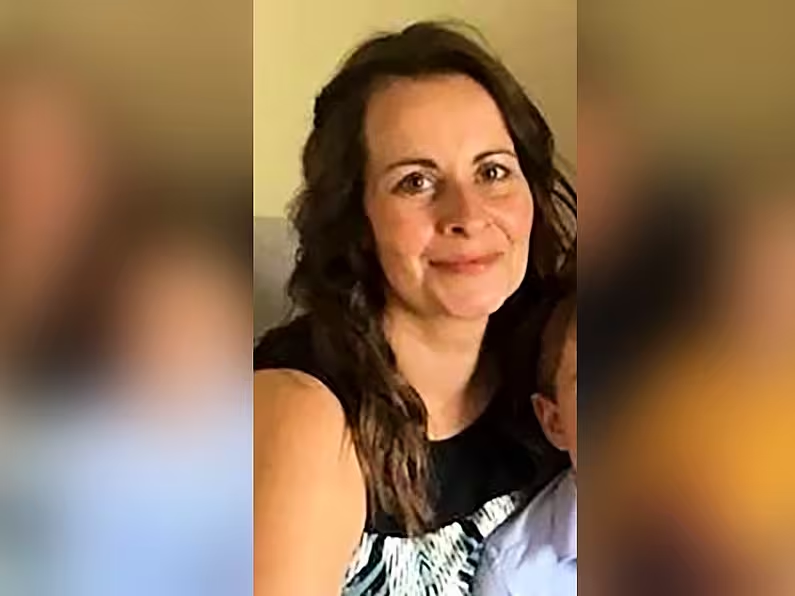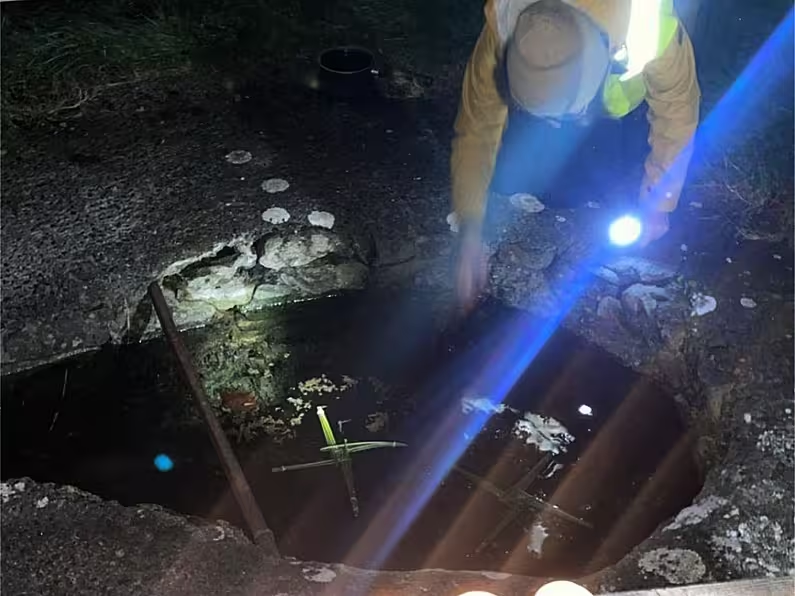Deirdre Morley could be released from the Central Mental Hospital within a year after being found not guilty by reason of insanity of killing her three young children this week, according to sources familiar with the case and her treatment.
The 44-year-old woman was suffering from temporary insanity when she suffocated Conor McGinley (9), Darragh McGinley (7), and Carla McGinley (3), a jury at the Central Criminal Court found.
Most murder accused found not guilty by reason of insanity spend many years in the hospital, the State’s only forensic psychiatric facility, before being judged well enough for release. A small number are unlikely to ever be released.
However, sources familiar with the case and her treatment told The Irish Times that the unique nature of Ms Morley’s mental illness and her positive response to medication since the killings mean her stay in the hospital is likely to be significantly shorter than average.
Remand in the hospital is not a prison sentence. Its purpose is to rehabilitate and treat the patient rather than to punish. If a review board finds a patient is well enough to re-enter society, it is obliged to release.
Central Mental Hospital patients are assessed by the Mental Health (Criminal Law) Review Board every six months following a not guilty by reason of insanity verdict.
Hospital assessment
Having been found not guilty by reason of insanity on Thursday, Ms Morley was remanded to the hospital for a 14-day assessment.
When this is completed, the court may order her release. But a more likely outcome is she will be further remanded to the hospital until considered well enough to leave.
Ms Morley’s trial heard she was suffering from bipolar affective disorder or “at a minimum” recurrent depressive disorder and that she experienced a severe depressive episode involving psychosis on the day she killed her children.
In the days afterwards she was put on anti-psychotic medication and her condition improved considerably.
Ms Morley will appear again before the Central Criminal Court on May 31st when the court will hear from a forensic psychiatrist on her current condition.
If you have been affected by any of the issues raised in this article, you can freephone the Samaritans 24 hours a day for confidential support at 116 123 or email [email protected].
Alternatively, the contact information for a range of mental health supports is available at mentalhealthireland.ie/get-support













